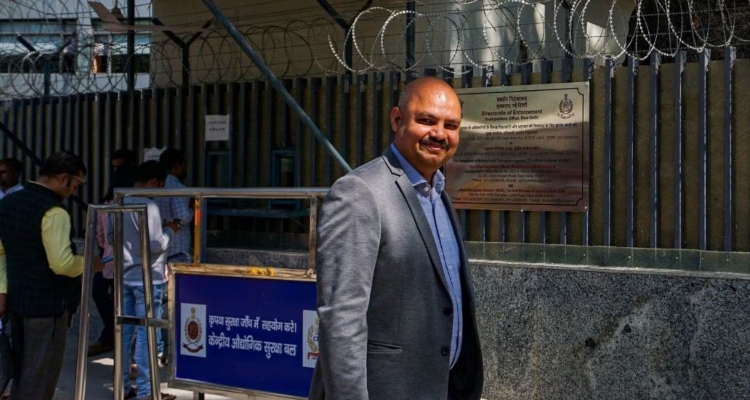
A Delhi court has granted an application from Bibhav Kumar, an aide to former Chief Minister Arvind Kejriwal, allowing him to obtain a list of documents and materials seized by the prosecution that were not relied upon in the case concerning the alleged assault on Rajya Sabha MP Swati Maliwal.
Kumar, accused of assaulting Maliwal at Kejriwal’s official residence on May 13, is currently out on bail.
Judicial Magistrate Gaurav Goyal referenced established judicial precedents in his ruling, stating, “It is clear that the prosecution is required to supply a list of unrelied upon documents, along with the relied upon documents to the accused.
Thus, the contention of the additional public prosecutor that the list of unrelied upon documents cannot be supplied does not hold water.” The court clarified that while a list of these documents must be provided, the prosecution is not obligated to supply the actual documents.
Following this, the court directed the state to compile and file a list of statements and materials seized that were not used in their case against Kumar and to provide a copy to him. This decision disposed of Kumar’s application.
Additionally, Kumar had requested several specific documents, including an application submitted by the prosecution to the Chief Medical Officer (CMO) of AIIMS, call detail records from the dates surrounding the incident, and a copy of a pen drive containing CCTV footage from the Chief Minister’s residence.
In response, the investigation officer informed the court that some of the requested documents had already been provided. However, he noted that the call detail records from May 12 to May 17, as well as screenshots of WhatsApp messages dated May 13 sent by Maliwal, could not be produced as they were not part of the investigation.
Regarding the pen drive with CCTV footage, the officer explained that it had been submitted to the National Forensic Science University in Gandhinagar for examination and that Kumar would receive a copy once the drive was returned.
The officer also mentioned that a “breach report” dated May 13 had not been prepared. He clarified that the original application to the AIIMS trauma center’s CMO for Maliwal’s examination was the only one available and no separate application existed.
Furthermore, the officer indicated that some other documents could not be shared as they contained sensitive information regarding officers assigned to the Chief Minister’s Office and residence.
This development in the case highlights the legal complexities surrounding the provision of evidence in high-profile cases and the ongoing efforts to ensure transparency for the accused.




